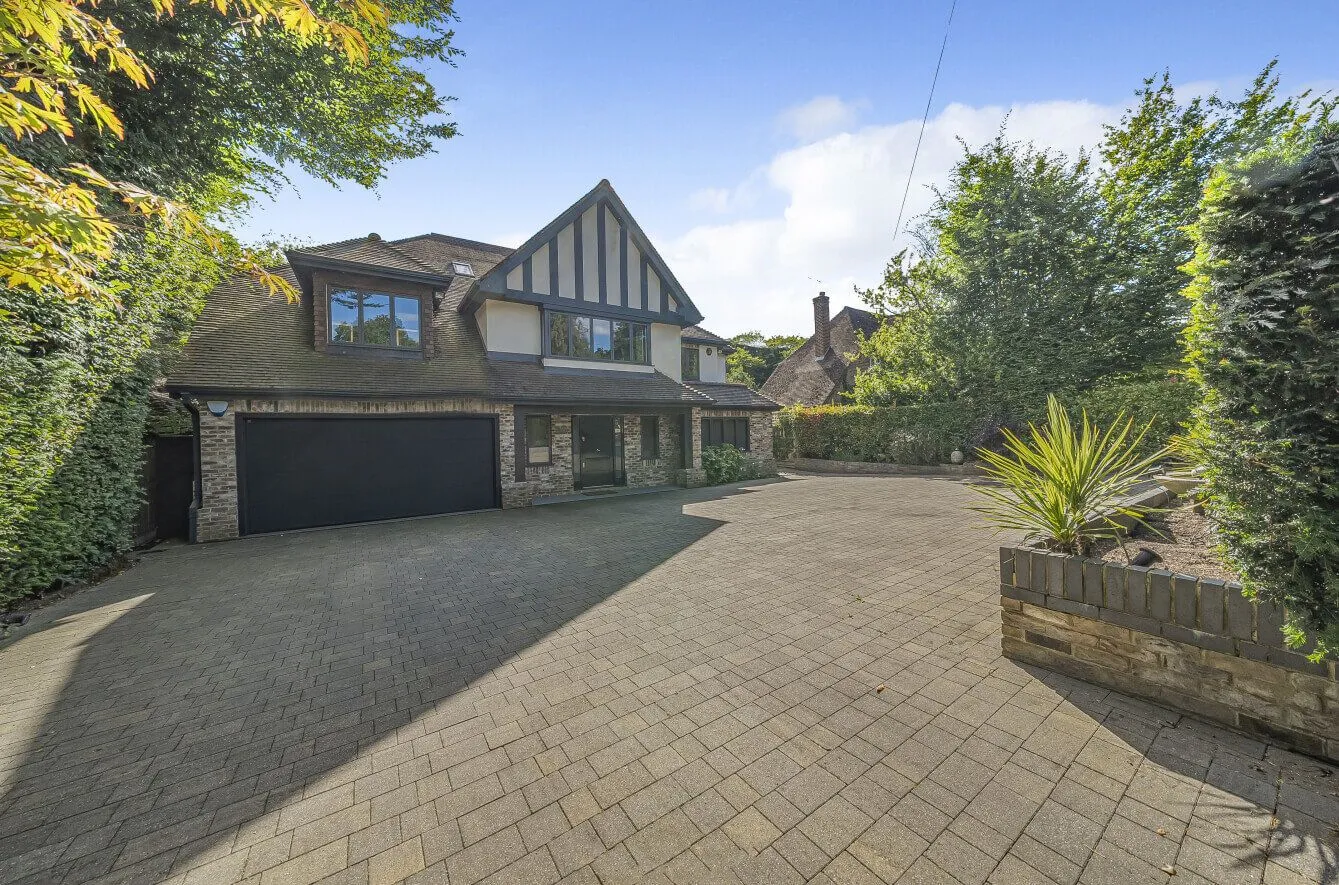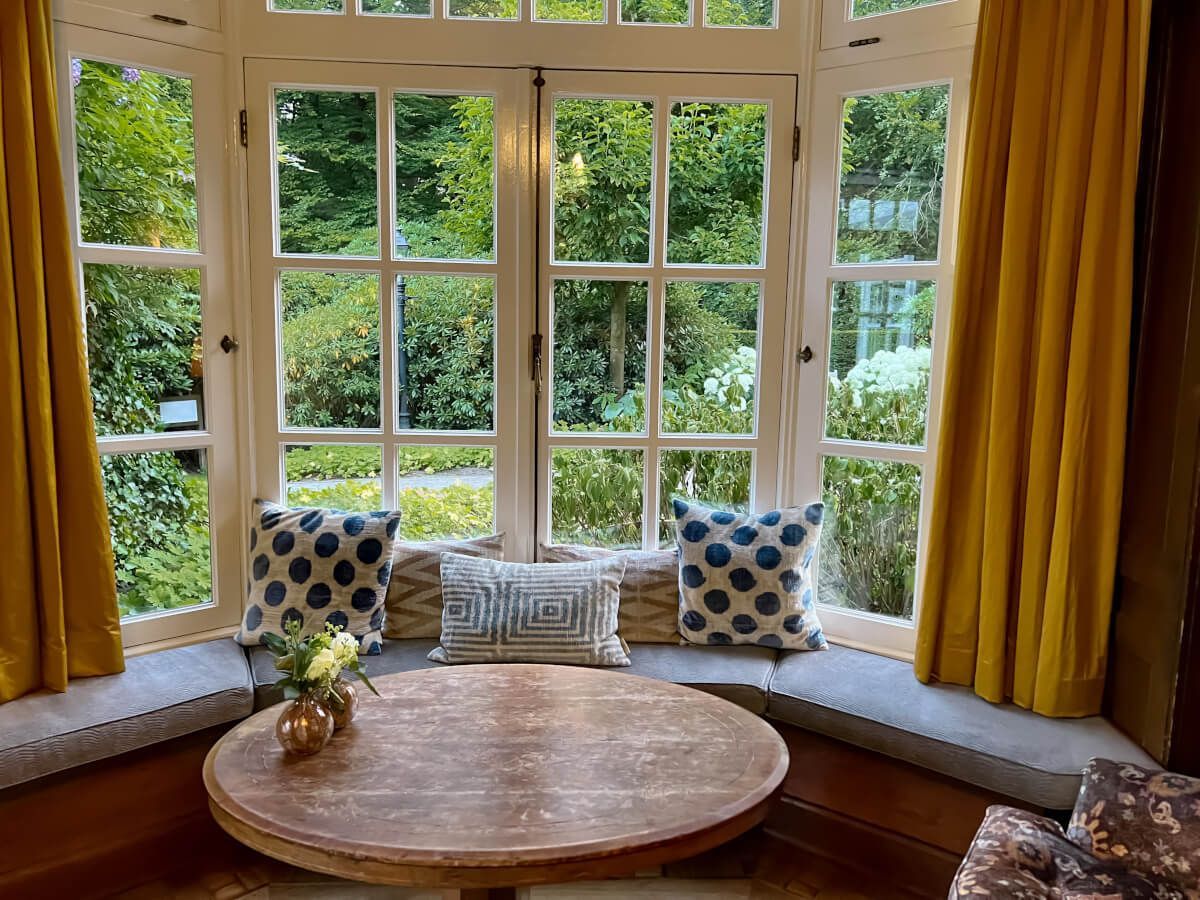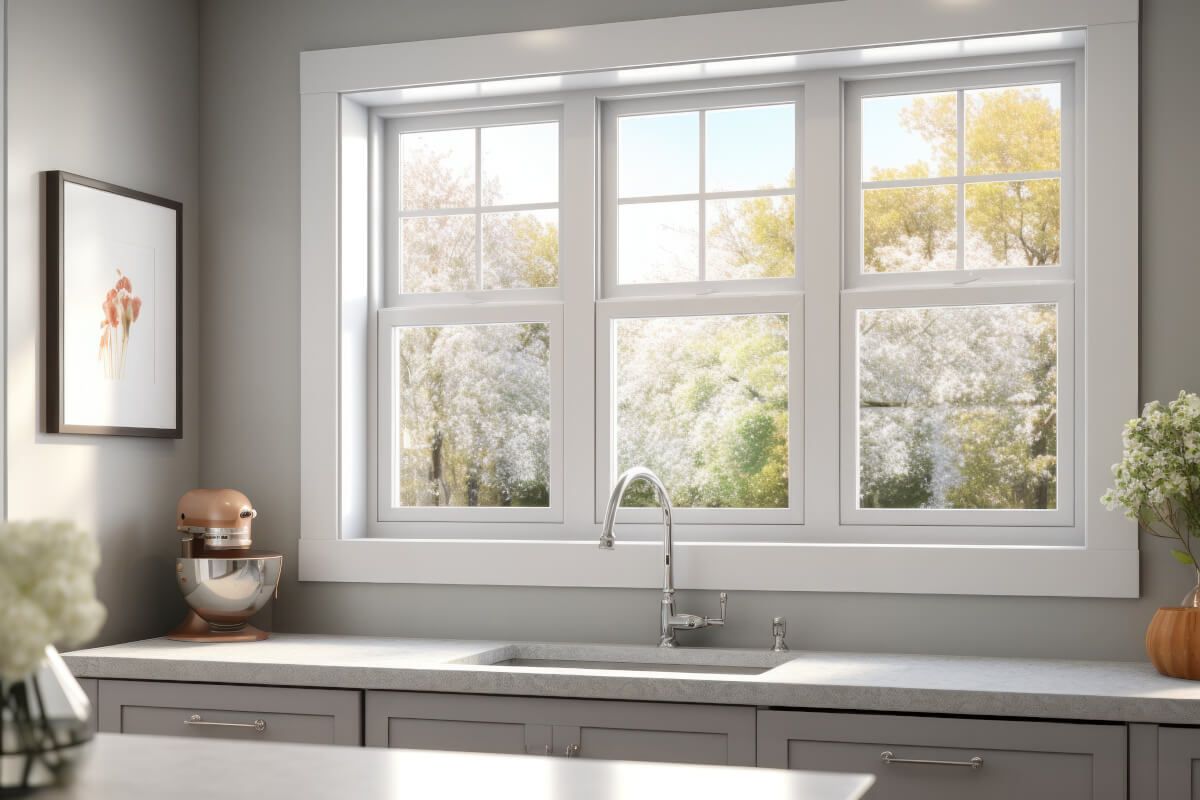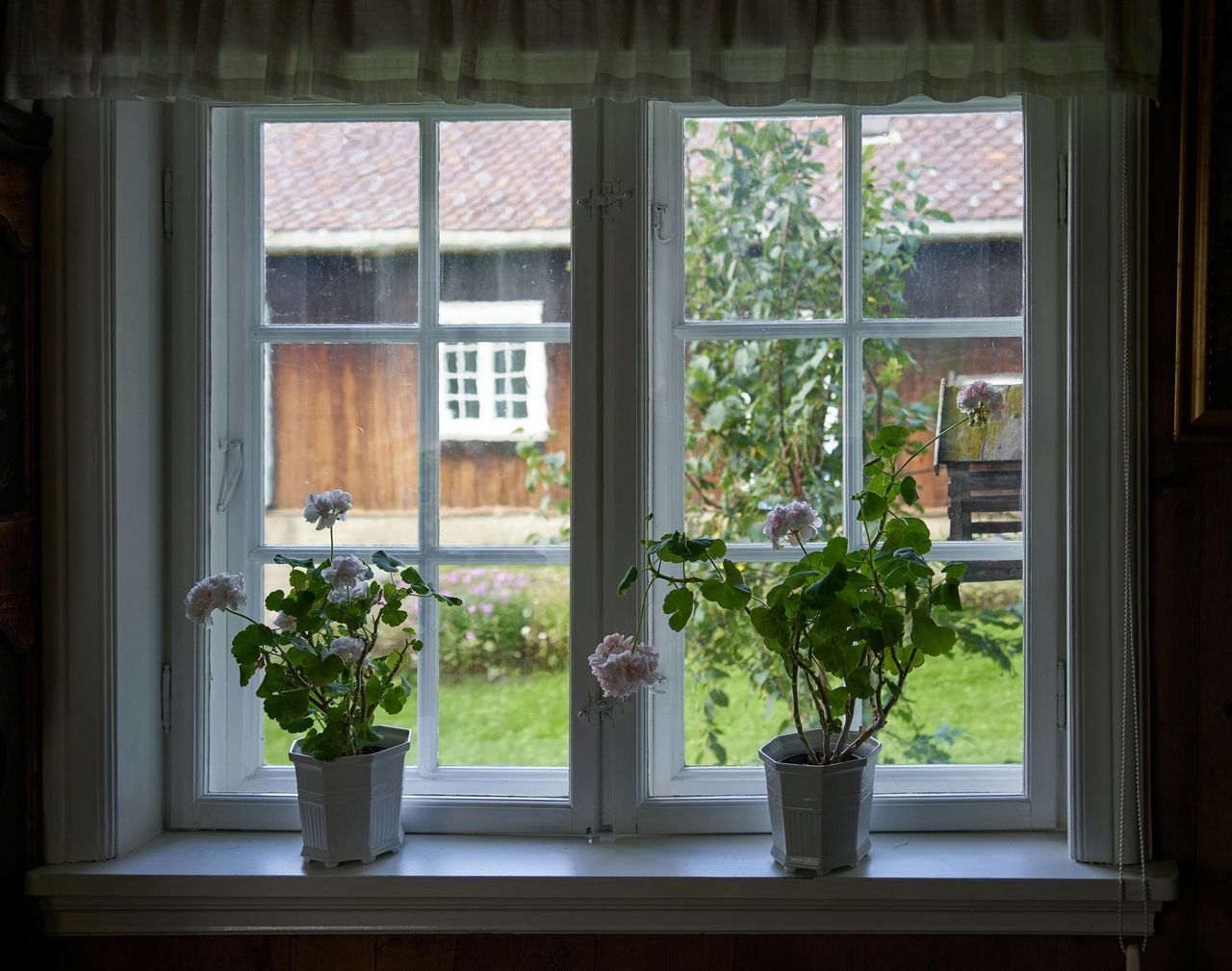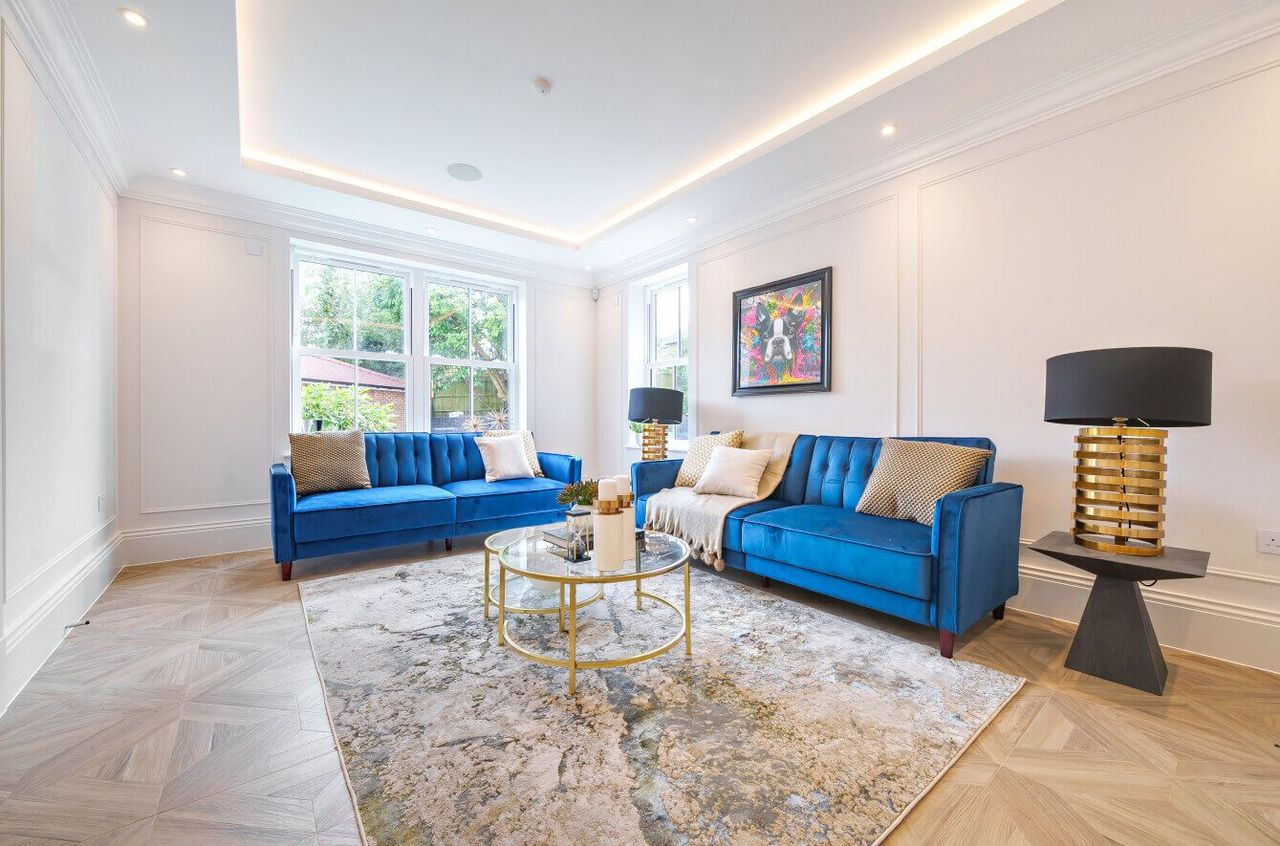Choosing Between Timber and Wood Grain uPVC Windows
- 01 May 2025
- News

To Roundup
- Aesthetic Appeal: Timber windows take the win for their timeless, natural beauty.
- Lifespan: Timber frames typically last longer—often over 60 years with proper care.
- Maintenance: uPVC wins here, thanks to its low-maintenance nature.
- Energy Efficiency: Timber has the edge with its excellent insulation properties.
- Cost: uPVC wood effect windows are the more affordable choice upfront.
When it comes to choosing new windows for your home, you’ll probably find yourself weighing the pros and cons of timber windows vs. wood effect uPVC windows.
Both materials have their own unique set of benefits, so it can be tricky to decide which is the right choice for you.
It all depends on factors like aesthetics, budget, energy efficiency, and maintenance requirements. Let’s break it down and compare these two options to help you make the best decision.
What Are Timber Windows and Wood Effect uPVC Windows?
Timber windows are made from real, high-quality wood, offering a classic, traditional look that works well with period homes or those in conservation areas.
On the other hand, wood effect uPVC windows are made from durable uPVC, but designed to look like timber, giving you the aesthetic of wood without the upkeep. It’s a great option if you love the look of timber but prefer something more modern and with easy maintenance.
Aesthetic Appeal
Winner: Timber Windows (for authenticity)
When it comes to pure authenticity, timber windows have the edge. The natural texture and grain of wood provide an unmatched warmth and character, making them the perfect choice for traditional and period properties. If you’re looking for that true wood feel and appearance, timber windows will always stand out.
That said, wood effect uPVC windows have made impressive strides in recent years. Using advanced technology, they can closely replicate the authentic look of timber, offering a similar aesthetic at a lower cost and with less maintenance. While uPVC can mimic the appearance of wood quite convincingly, it still doesn’t quite match the authenticity and feel that real timber provides.
Lifespan
Winner: Timber Windows
If you’re looking for longevity, timber windows have the advantage. They can last upwards of 60 years, especially if you take good care of them with occasional maintenance like painting or staining. While uPVC windows are durable too, they typically last around 20-30 years. If you’re in it for the long haul, timber wins here.
Maintenance
Winner: uPVC Wood Effect Windows
Here’s where uPVC really shines. Timber windows need regular maintenance to keep them in top shape—this means repainting or staining every few years to prevent wear and tear. uPVC windows, on the other hand, are super low-maintenance. They just need a quick clean with soapy water now and then to keep them looking fresh. If you’re not keen on frequent maintenance, uPVC wood effect windows are definitely the way to go.
Energy Efficiency
Winner: Timber Windows
When it comes to keeping your home warm, timber windows have the edge. The natural insulating properties of wood make them excellent at trapping heat inside, which can help keep your energy bills lower. That said, modern uPVC wood effect windows are also designed with energy efficiency in mind, especially if they come with double or triple glazing. While both options are energy-efficient, timber windows tend to offer better insulation naturally.
Cost
Winner: uPVC Wood Effect Windows
If you’re on a budget, uPVC wood effect windows are definitely more affordable upfront. Timber windows are more expensive because of the cost of the wood and the craftsmanship involved. While you might pay more for timber initially, it could be worth it in the long run because of their durability. But for many homeowners, the lower initial cost of uPVC windows makes them the more attractive choice.
Security
Winner: uPVC Wood Effect Windows
When it comes to security, uPVC windows usually have the edge. They’re designed with modern, multi-point locking systems, which offer a high level of security and help keep your home safe. Timber windows can also be fitted with strong locking mechanisms, but in general, uPVC tends to have more built-in security features, making it the better option for peace of mind.
Conservation Area Suitability
Winner: Timber Windows
If you live in a conservation area or have a period property, timber windows are often your best bet. Many conservation areas have strict guidelines on what kind of windows you can install, and timber is usually the preferred choice. It helps preserve the character and look of older buildings. While wood effect uPVC windows are often accepted in some areas, they might not meet the highest conservation standards.
Weather Resistance
Winner: uPVC Wood Effect Windows
uPVC wood effect windows are more resistant to the weather. Unlike timber, which can warp, rot, or fade over time, uPVC stays strong and looks good no matter what the weather throws at it. If you live in a particularly harsh climate or an area with lots of rain and wind, uPVC is probably the more durable choice that promises to pass the test of time.
Customisation
Draw: Both Timber and uPVC Wood Effect Windows
Whether you go for timber or uPVC, both options offer plenty of customisation possibilities. You can choose from a variety of finishes, colours, and styles to match your home’s aesthetic. Timber can be painted or stained in nearly any colour you like, while uPVC windows come in various woodgrain finishes to mimic the look of real wood. So, no matter which material you choose, you’ll find plenty of ways to make your windows unique.
Installation Speed
Winner: uPVC Wood Effect Windows
If you need your windows installed quickly, uPVC wood effect windows are ideal choice. Because they’re lightweight and don’t require painting or finishing after installation, they can be fitted much faster than timber windows, which may need drying time for paint and more intricate installation. So if you’re looking for a quick turnaround, uPVC is the better choice.

Verdict
Both timber and uPVC wood effect windows have a lot to offer, but your choice depends on what matters most to you. If you want a classic, traditional look, a long lifespan, and don’t mind putting in a bit of maintenance, timber windows are the way to go. However, if you prefer something low-maintenance, cost-effective, and secure, uPVC wood effect windows might be the perfect fit for your home. If you’re unsure which is right for you, feel free to get in touch, and a member of our team will use their years of experience to help you make the decision that will pose the best value for your home.
Who Are FineView Windows & Doors?
At FineView Windows & Doors, we specialise in providing high-quality home improvements, from windows and doors to conservatories and extensions, across the UK. Whether you’re drawn to the classic charm of timber or the practicality of uPVC, our expert team is here to help you find the perfect solution for your home. We’re proud to be FENSA Approved and CheckaTrade certified, ensuring top-notch customer service and craftsmanship every time.
Want to know more or get a free quote? Get in touch with us online or call 07788282673. Let’s make your home even better with our range of stylish, energy-efficient windows and doors.
FAQs
- What are the benefits of choosing wooden windows over uPVC windows?
Wooden windows, such as timber casement windows and sash windows, provide excellent energy efficiency, durability, and natural insulation. They are ideal for period properties and modern homes, offering long-lasting quality. - How long do wooden windows last compared to uPVC windows?
Wooden windows, including timber window frames and flush sash windows, can last for a very long time, often exceeding 60 years, with proper care. uPVC windows also offer long lifespans but need less upkeep. - Are wood effect uPVC windows as energy-efficient as real timber windows?
Modern uPVC window frames with double glazing provide excellent energy efficiency. While not as naturally insulating as timber windows, they offer great heat loss reduction, making them a popular choice for contemporary homes. - Can uPVC sash windows fit well with period properties?
Yes, uPVC sash windows are a great low maintenance alternative to wooden sash windows. With the right style of window, they mimic real timber windows and preserve the aesthetics of period properties. - How does the price of uPVC windows compare to timber windows?
The price of uPVC windows is generally more affordable than real timber windows. However, timber windows provide long-term value due to their durability, energy efficiency, and timeless appeal for period homes.
